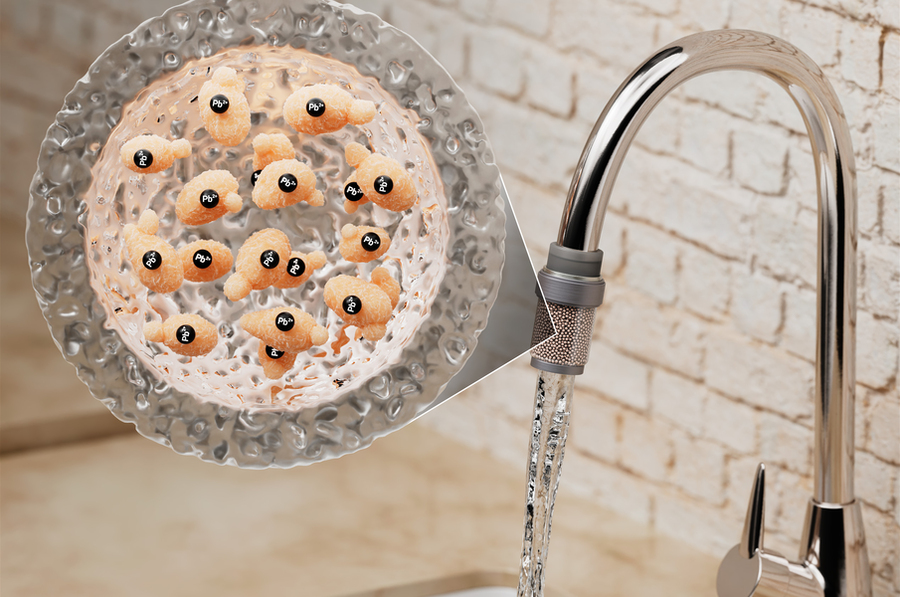Every year, beer breweries generate and discard thousands of tons of surplus yeast. Researchers from MIT and Georgia Tech have now come up with a way to repurpose that yeast to absorb lead from contaminated water.
Through a process called biosorption, yeast can quickly absorb even trace amounts of lead and other heavy metals from water. The researchers showed that they could package the yeast inside hydrogel capsules to create a filter that removes lead from water. Because the yeast cells are encapsulated, they can be easily removed from the water once it’s ready to drink.
“We have the hydrogel surrounding the free yeast that exists in the center, and this is porous enough to let water come in, interact with yeast as if they were freely moving in water, and then come out clean,” says Patricia Stathatou, a former postdoc at the MIT Center for Bits and Atoms, who is now a research scientist at Georgia Tech and an incoming assistant professor at Georgia Tech’s School of Chemical and Biomolecular Engineering. “The fact that the yeast themselves are bio-based, benign, and biodegradable is a significant advantage over traditional technologies.”

